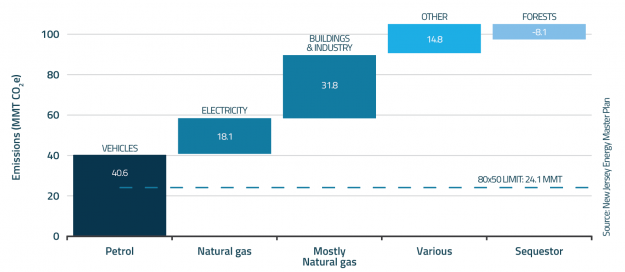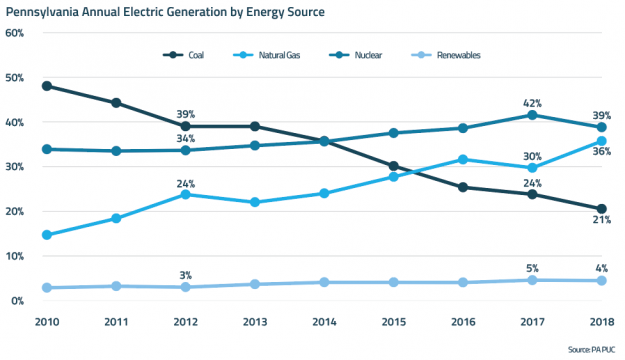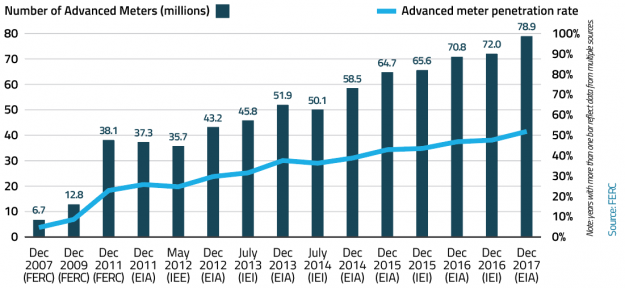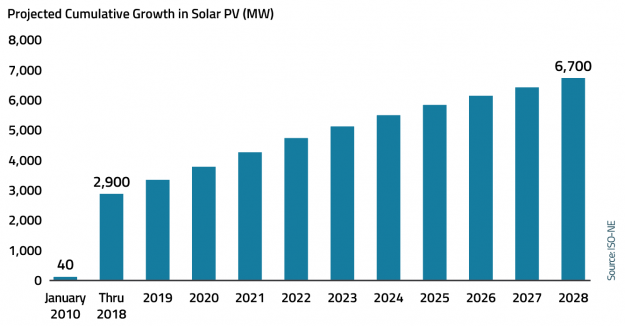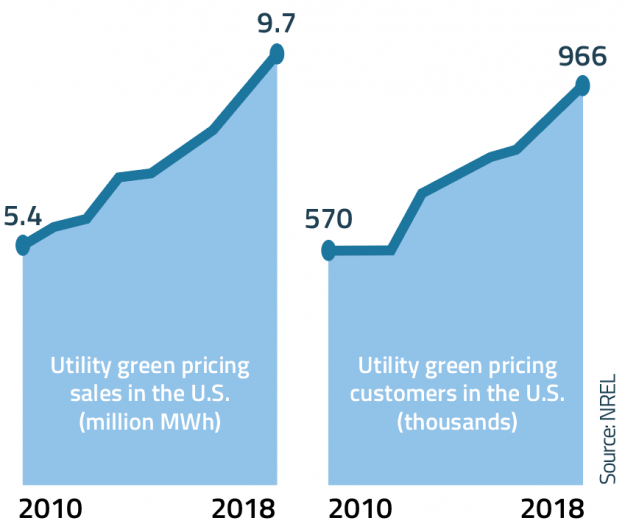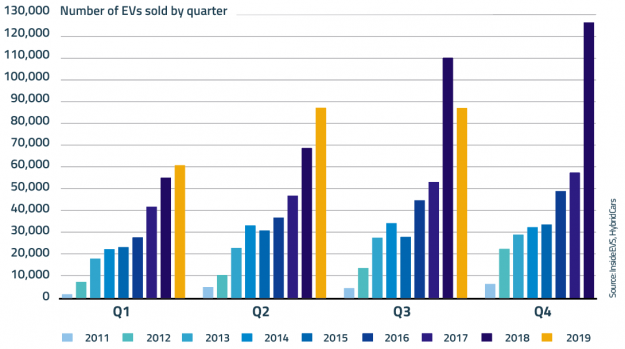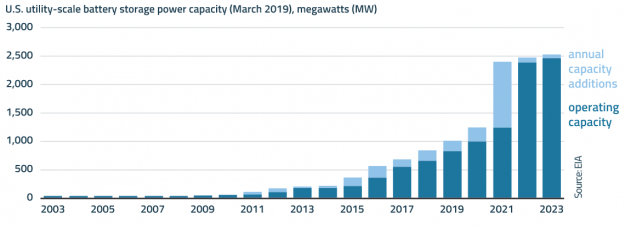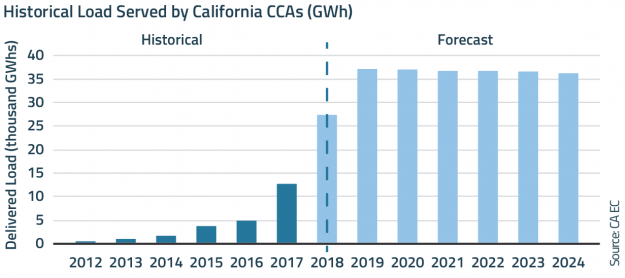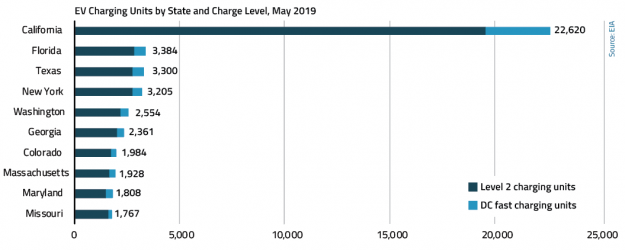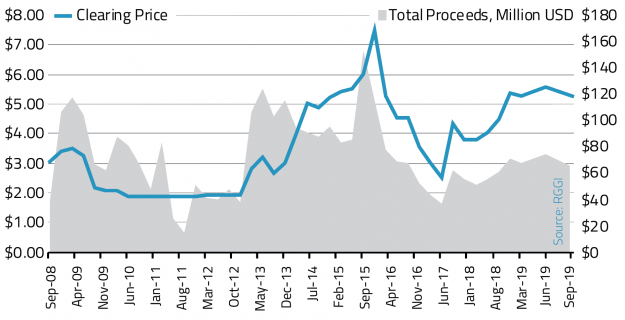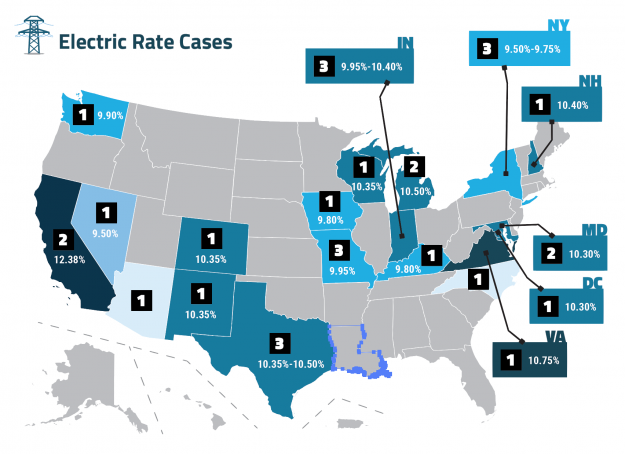EnerKnol’s Visual Primer – New Jersey Pursues Bold Strategies to Advance Decarbonization
New Jersey is making strides to accelerate the transition to a clean energy economy. Among recent actions, the state released a comprehensive plan for economy-wide decarbonization, enacted a law to boost electric vehicle use targeting 2 million EVs on the road by 2035, and doubled the offshore wind power goal to 7.5 gigawatts by 2035.
